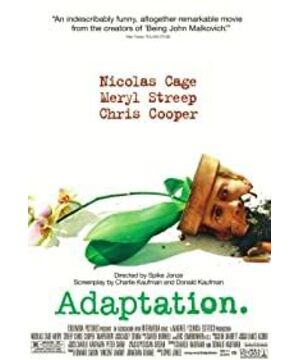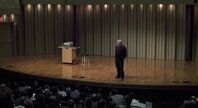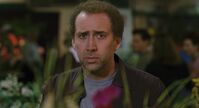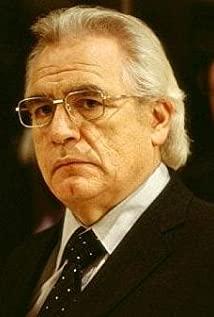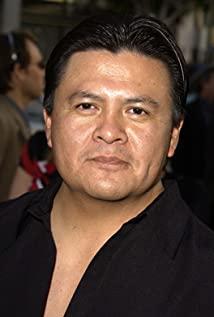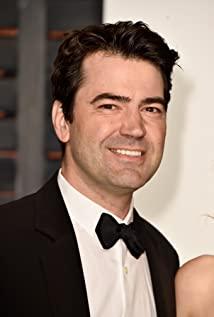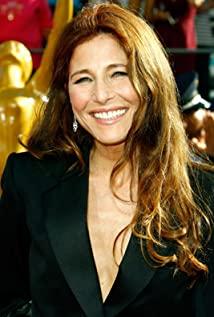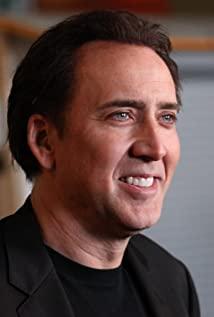There was such a line in the movie: "Donald, you are really a master of the structure of the screenplay!" We can directly think that this is the evaluation of the screenwriter Charlie Kaufman.
In this film, a large number of plot dialogues reveal the sarcasm of McKee, the film screenwriter mentor, thinking that his writing style is cliché. However, as far as this movie is concerned, each story is all about McKee. The classic story mode of the style:
stereotyped multiple personalities (this method is even mocked directly in the form of dialogue in the film) - Charlie and Donald, two brothers with very different personalities, are obviously the dual characters of a playwright, a Outgoing and cheerful, writing is quite shallow, one is not good at communication, and writing is not out of the
norm ; the character gets an epiphany - Charlie gets an epiphany from his brother's death and a passage before his death, and the character changes before and after the movie;
stereotypes love scene --Charlie timid beginning, and later the courage to tell the truth, to find each other also has been like themselves;
middle-class affair: the New Yorker female news writer trapped in mediocre family life, and write their own character drug fucks ⋯⋯
these The bridges are actually the things that the protagonist Charlie is always vigilant about using. However, the screenwriter of this film, Charlie Kaufman, who mocked himself with his own name as the protagonist's name, likes to say at the beginning of the article. Superb story structure skills make up this wonderful film.
Therefore, the screenwriter Chalie Kaufman here is in essence using the method of mixing genre films to anti-type films, and inheriting McKee in an anti-McGee way.
And the three texts in the movie - the script of the movie itself, the script being written in the movie, the book adapted from the movie, intersect three different time and space, into which the sexual fantasy of the hero is inserted, and each scene interacts with each other. staggered.
We can try to think that the script of this movie is the script written by the male protagonist, then this movie has formed an illusion, an illusion that the movie is "writing while shooting", just like a dictator walking in a servant's shop. On the open red carpet -- the servant kept spreading the carpet, and he kept walking. The film even sometimes makes us feel that before the script, what the protagonist wrote in the script has already appeared in the movie, so the script he wrote can form a psychological confirmation of what has happened in the audience. And review, this kind of confirmation and review can bring a sense of physical and mental comfort and a slight illusion of time and space being reversed.
As mentioned earlier, this is actually a clever illusion created by screenwriter Charlie Kaufman using script skills, because the film, and the screenplay in the film, actually provide an unequal amount of information: the movie progresses By 30 minutes, there may be only one or two sentences (or narration) to explain the original text of the script of the movie, but just because what these two sentences say has appeared in these 30 minutes, it can form a kind of "movie". The illusion of shooting while writing".
In addition to being very clever at creating illusions in structure, screenwriters are also good at using symbols, puns and metaphors. For example, the most obvious male protagonist and the screenwriter have the same name Charlie Kaufman; for example, the film mentor McKee was drawn out as a typical symbol of Hollywood stories to mock; "Survival of the fittest" seems to be in contrast to the situation of Charlie and Donald, and the adaptation corresponding to "Survival of the fittest" also has the meaning of "adaptation of the script", which is consistent with the mission of the man who implements the whole film, and even clicked the movie by the way. title title. This kind of little fun that fills the whole film is like sprinkling condiments into this thick soup mixed with multiple times and spaces, scratching the itch through clothes, not very happy but can't stop.
Charlie Kaufman might be dismissed as being overly technical, but he does manage to present the multiple texts with sophistication in his cool, meticulous tone. Or we could use the film's cheesy Donald-Charlie duo to describe this bastard: a gifted master of seduction.
View more about Adaptation. reviews


